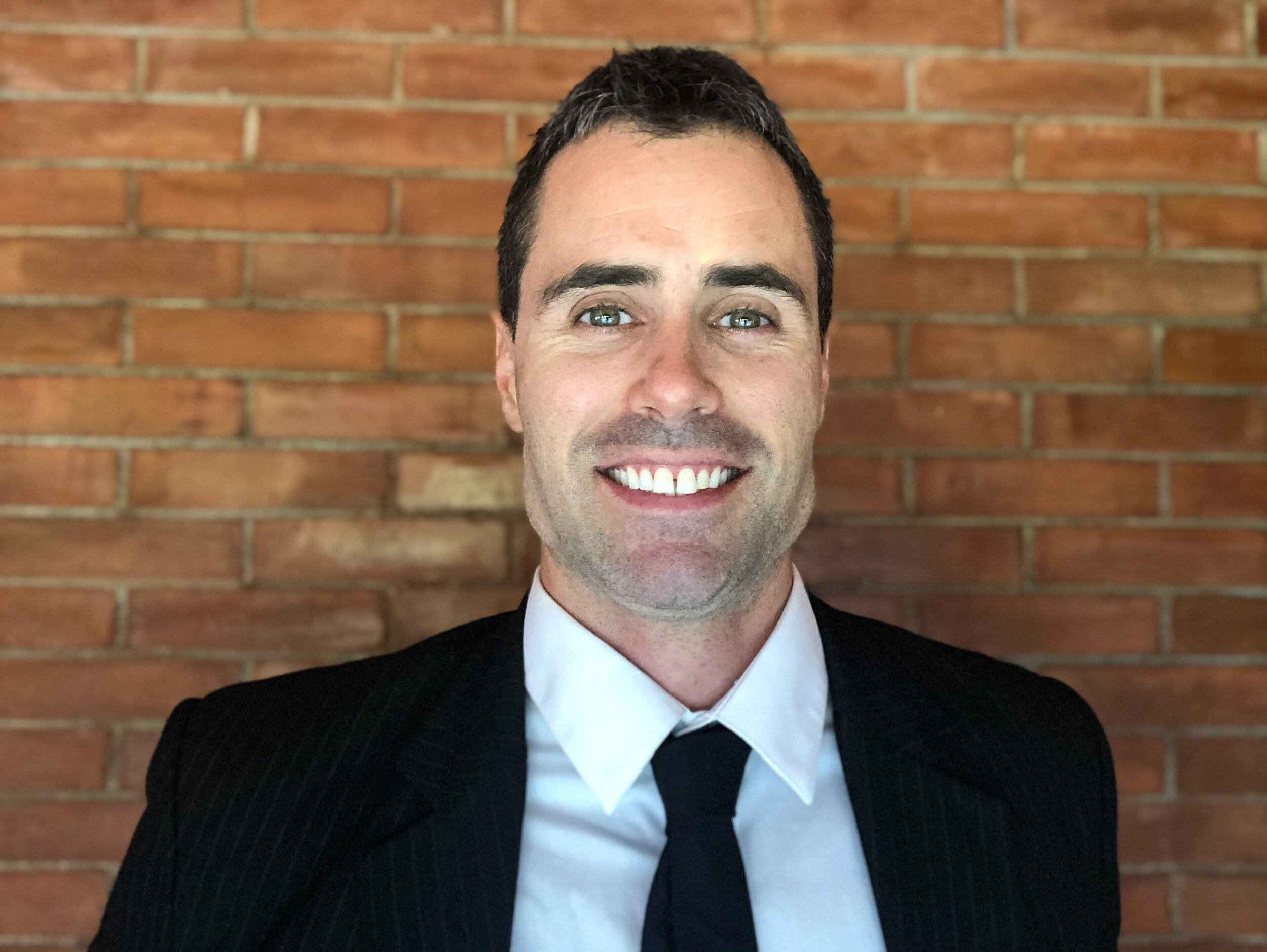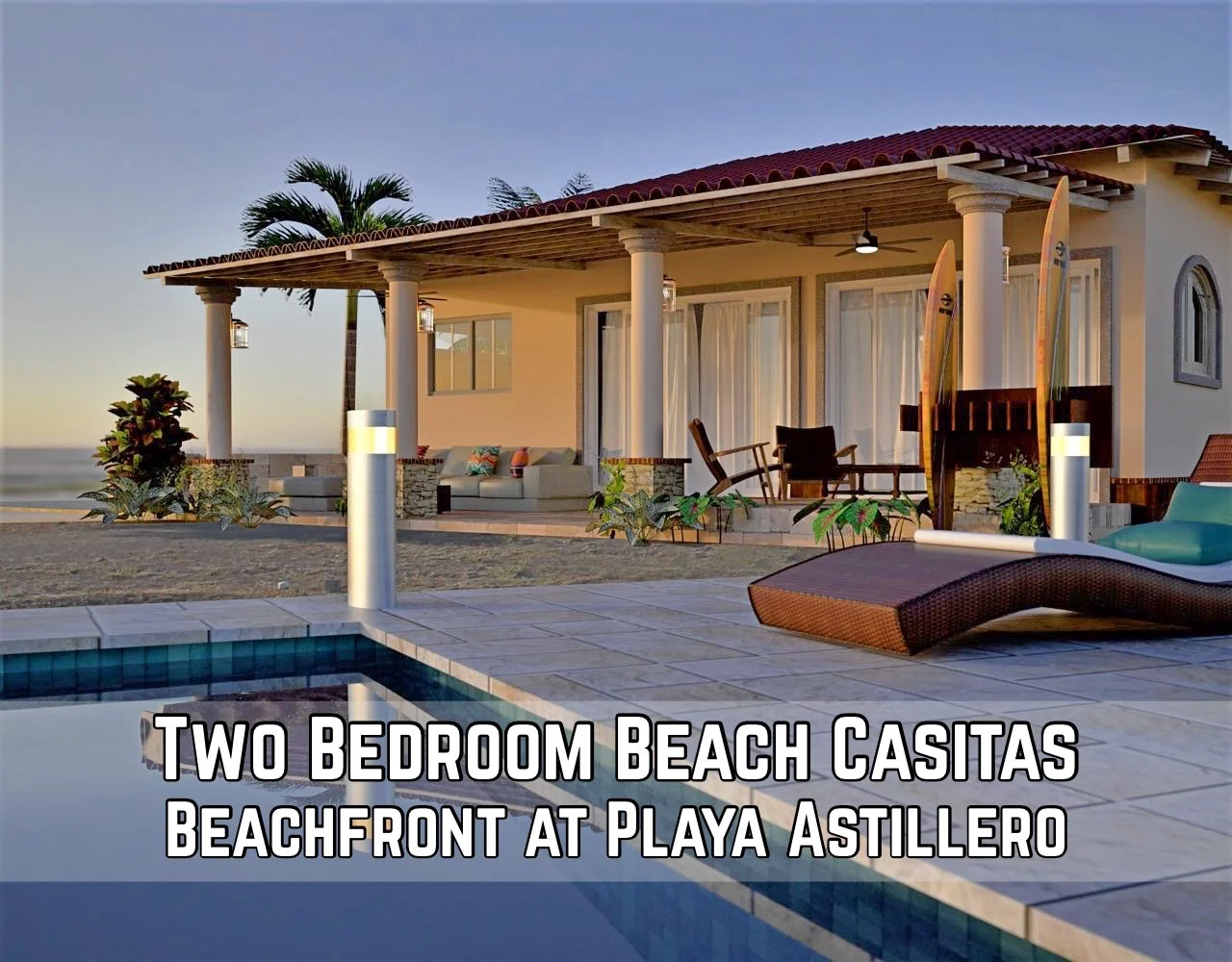Banking and Finances in Nicaragua
A Practical Guide for Foreign Investors and Residents
This article covers the essentials of banking and financial management for expats and foreigners purchasing property in Nicaragua, living and investing.
Currency and Partial Dollarization in Nicaragua
Nicaragua’s official currency is the Nicaraguan Córdoba (NIO), but the country operates under a system of partial dollarization. In practice, both Córdoba’s and U.S. dollars are widely used for everyday transactions.
The córdoba is managed under a controlled devaluation policy relative to the US dollar, resulting in a gradual decline in value over time. Over the past decade, the exchange rate has shifted from just under 27 NIO per USD in 2015 to approximately 36.7 NIO per USD at the time of writing.
Because of this steady devaluation, most major transactions—including real estate purchases, professional services, and business contracts—are priced directly in US dollars. ATMs throughout the country dispense both currencies, making it easy to access the funds you need.
Banks in Nicaragua
Foreigners living or investing in Nicaragua most commonly use Banco Lafise Bancentro (Banco Lafise) and BAC Credomatic (BAC).
Banco Lafise is part of Grupo Lafise, a major Central American financial group headquartered in Nicaragua. It is well known for its strong regional presence and international services, making it a popular choice for foreign investors, retirees, and business owners. Banco Lafise is especially valued for its straightforward account opening process, bilingual staff, and customer service designed with international clients in mind.
BAC Credomatic, one of the largest banking groups in Central America, offers a wide range of financial services and is recognized for its strong digital banking platform. BAC is a good option for those who prioritize technology, mobile app functionality, and online account management.
While both banks are well established, I personally recommend Banco Lafise for most foreigners due to its ease of use, faster account setup, and consistent service experience.
In addition to Banco Lafise and BAC Credomatic, several other banks operate in Nicaragua, including Banco de la Producción (BANPRO), Banco Avanz, and Banco FICOHSA Nicaragua. While these institutions also offer a variety of services, Banco Lafise generally provides the most accessible and user-friendly experience for newcomers to the country.
Opening a Bank Account as a Foreigner in Nicaragua
Expats can open personal bank accounts in Nicaragua, even without formal residency. Among the available options, Banco Lafise is my recommendation for its straightforward process, bilingual service, and experience working with international clients, which can be especially helpful for non-Spanish speakers.
To open a bank account, you will typically need to provide:
A valid passport
A secondary form of identification (such as a driver’s license)
Your most recent income tax return
Proof of monthly income (employment, pension, investment or account statements)
A rental agreement, in-process documents for a property purchase, or property ownership document in Nicaragua
Two personal reference letters (we can help provide these)
A copy of your designated beneficiary’s passport
An initial deposit of approximately $50 USD
Opening an account requires visiting a branch in person. Bringing printed copies of your documents—and Spanish translations if available—can help avoid delays. Debit cards are generally ready for pickup within about one week.
For clients I can assist with all of the above. The Lafise Bank branch in San Juan Del Sur is particularly helpful due to its experience helping foreigners open accounts in Nicaragua.
It’s important to note bank deposit insurance in Nicaragua is limited to $10,000 USD per account. If you plan to hold larger balances, consider opening multiple accounts, multiple different banks or linking your Banco Lafise account with one of their Panama-based accounts for added protection.
The Best Bank Account
When opening a bank account in Nicaragua, you have the option to choose between US dollar (USD) and Nicaraguan córdoba (NIO) accounts, available in both savings and checking formats. For most foreign investors and expatriates, a USD savings account is the preferred choice. It helps protect against the ongoing devaluation of the córdoba and avoids currency conversion fees, especially since major transactions—such as real estate purchases and professional services—are generally conducted in dollars.
No matter which type of account you open, ATMs throughout Nicaragua provide easy access to both USD and NIO withdrawals. If you are wiring funds from the United States, setting up a USD-to-USD transfer helps you avoid unnecessary exchange fees. Canadians may also find it advantageous to open USD accounts at home and convert their funds before transferring them internationally, often securing better exchange rates.
Transferring Money to and From Nicaragua
For major transactions such as real estate purchases, international wire transfers are the most secure and commonly used method. Before your personal bank account is set up, it is standard practice to use an attorney’s escrow account to securely hold funds during purchases or contractual transactions. A number of attorneys also offer escrow services through U.S.-based accounts, providing an additional layer of convenience and security for international clients.
Once your personal account is active, you can wire funds directly to manage living expenses, investments, or other local needs. For smaller or recurring transfers, there are several digital money transfer services, such as Wise, available that offer a convenient and cost-effective way to send funds into Nicaraguan bank accounts.
Wiring funds from Nicaragua to other countries is generally a straightforward process, especially when the funds come from clear transactions like the sale of a property. In most cases, the Nicaraguan bank will process the outgoing wire without issue, and the receiving bank abroad may simply request basic documentation showing the source of the funds, such as a copy of the property sale agreement or closing statement. With proper paperwork, transferring large sums internationally from Nicaragua is typically smooth and efficient.
Using PHYSICAL USD Currency in Nicaragua
While the córdoba is Nicaragua’s official currency, US dollars are widely accepted, especially in cities, coastal areas, and areas popular with expats and tourists. As noted earlier, major transactions—such as real estate purchases, vehicle sales, and long-term rentals—are often quoted and settled in USD. Supermarkets, chain stores, and many professional services also routinely accept dollars alongside córdobas.
Smaller local businesses, markets, and vendors in rural areas, however, usually prefer payment in córdobas. ATMs throughout Nicaragua make it easy to withdraw cash in either currency, providing flexibility no matter where you are.
It’s worth noting that banks, stores, and vendors often only to accept US bills that are clean and in good condition. Torn, heavily worn, or marked bills may not be accepted, so it’s a good idea to check your cash before traveling. If they don’t accept a bill just hang onto it until out of the country.
Online Banking and ATMs
Online banking in Nicaragua is reliable through Banco Lafise and BAC Credomatic, the two banks most commonly used by foreigners. Both institutions offer user-friendly mobile apps that make it easy to transfer money, pay bills, and manage your accounts remotely.
Access to online banking is especially helpful for handling routine tasks like paying utility bills, sending payments to property managers, managing payroll for staff, or making local purchases without needing to visit a branch.
Combined with widespread ATM access across the country, these services make day-to-day financial management in the country straightforward and convenient. Almost all ATMs in Nicaragua offer English and Spanish options as well to make withdrawals easy.
Taxes for Foreigners Living or Investing in Nicaragua
Nicaragua operates under a territorial tax system, meaning only income earned within Nicaragua is subject to local taxation. Income from foreign sources—such as online income, pensions, or overseas investments—is not taxed in Nicaragua, even if the funds are deposited into a Nicaraguan bank account. This system is particularly attractive to remote workers, online entrepreneurs, and retirees looking to optimize their financial structures while living abroad.
Property owners in Nicaragua are required to pay annual property taxes to the municipal government where the property is located. The standard national rate is 0.8% of the assessed value, although many municipalities apply lower effective rates based on local assessments.
Overview
Setting up your banking, currency, and money management in Nicaragua is straightforward with the right preparation. Whether you are wiring funds for a property purchase, setting up local accounts for daily expenses, or managing offshore income, the financial system offers flexibility for foreigners who plan ahead and work with knowledgeable local professionals.
With thoughtful preparation and the right professional guidance, you can build a strong financial foundation for living, working, or retiring in Nicaragua. If you need assistance navigating the process, we are happy to help connect you with trusted professionals and provide advice based on firsthand experience.
Thank you for taking the time to read this guide. If you have any questions, I’m happy to assist — feel free to reach out using any of the contact options below.
Joel Stott-Jess
LifeInNica.com
Cell / WhatsApp: +505 8176 8624
US Number 1 786 753 8743
Skype: joelstottjess
Joel Stott-Jess is a New York Times featured agent / broker in San Juan Del Sur, Nicaragua.
Originally from Alberta, Canada he has been doing business in Nicaragua since 2014.







































